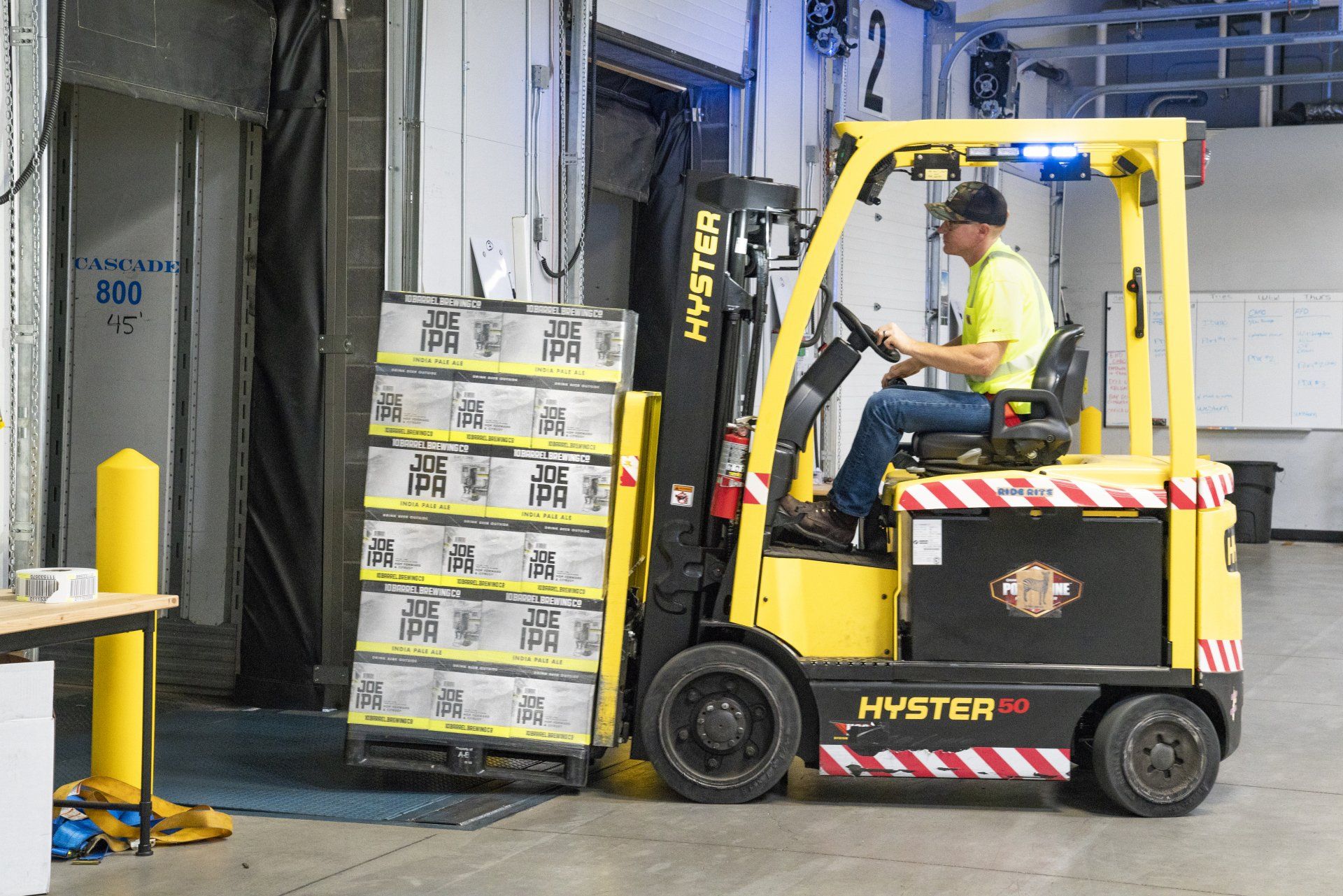Are Australian Businesses Reducing Their Working Week?
Working full time has become the new smashed avo on toast. For a lot of us Australians, including single-income households and people living by themselves, full-time work has become one of the only stable ways to support yourself. Over the past decade, the cost of living in Australia has risen dramatically, resulting in a demand for more working hours. This has essentially turned Australia into a land of workaholics and stress heads. Studies have been conducted worldwide on how a shorter working week can improve productivity and reduce employee stress levels. Results proved to be successful (depending on the industry and conditions), making it a thought that a shorter week could be the future of Australian work life. Is this movement of shorter work weeks what Australians really want?
Let's face it, most of us would love to never work a day in our lives and with the talk of less working hours, it is one step closer to this dream. Statistics show that Australia is moving to become a country of part-time workers. Future predictions state that by 2050 40% of our jobs will be performed by robots leading to a decrease in full-time roles. Technology pushing people out of work is a sad reality that we have to face.
Is it really though?
Within the past 10 years, there have been hundreds of new jobs created. Most of the roles are for those people who are savvier with technology and those who are willing to learn. These include Social Media Managers, Uber Drivers, App Developers, Drone Pilots and the list goes on. The one thing the majority of these jobs have in common is their ability to be flexible.
These new roles are pushing for people to become self-employed workers and/or 'flexible workers'. To put it into simpler terms, it means that their working hours are determined by them. Studies performed in 2015 show that 51% of Uber drivers are working from 1 to 15 hours per week. This could be due to them balancing working and studying, working two jobs or trying to work around their family situations. It shows that the need for these flexible working hours is rising and proves that the way Australians work is changing.
So how many people are wanting something other than full-time work?
Well, the statistics show that in 2018 Australia's unemployment rate dropped to 5% equalling 665,800 unemployed people. Out of that 5%, 216,100 people are looking for part-time work and the individuals hunting for full-time work decreased 38,000 people to 449,700.
Yes, the demand for full-time work outweighs part-time significantly, however, statistics show a 23% increase in businesses hiring part-time employees. This attests that it is not only employees who are looking for part-time work but the need for these part-time workers is growing. The growth is forecasted to continue to slowly increase proving it will most likely be the way of the future.
What does this mean for full-time workers?
The studies conducted around shorter working weeks and days have found that the standard 38-hour working week is not as productive as it use to be. People are now surrounded by distractions that are easy to access thanks to the invention of the internet. Believe it or not, the average worker is only productive 2 hours and 58 minutes within an 8-hour working day. The brain wants to shut off and have a break for at least 15 minutes after every hour of work.
This is why the experiments have been conducted.
In summary, there have been 2 widely known experiments on reducing the work week. One of these was conducted in New Zealand whom shortened their work week to 4 days, and the other was in Sweden who shortened their working hours to 6 a day, 5 days a week. So what did they learn out of these experiments?
There were many positives and similarities within the results of both experiments. Reports showed that the employees had more creativity, were working more collaboratively and started arriving to work on time. The main highlights of the experiments were the following:
- Stress levels of the New Zealand (NZ) participants dropped by 7%.
- 78% of the NZ participants reported a better work-life balance, that is a rise of 24%.
- 50% of the Swedish (SE) participants had more energy after their shift.
- The number of sick days in the SE experiment fell by 4.7%.
- The productivity of the SE participants increased by 85%.
These outcomes prove that a shorter working week or day can greatly improve the employees' life and their work environment. Individuals are able to spend more time doing what they want rather than feeling like they are always at work. It can enhance relationships at home meaning their happiness levels will rise inside and outside of work. The lesser hours may also lead to the need for more employees resulting in the unemployment rate dropping.
So why has this not been implemented?
Although the experiments show a spike in productivity and employee happiness, the catch comes with the businesses. In the experiments, the employers were paying their workers for a full week of work even though they were in for a less amount of time. This could be a costly change for some businesses, especially small businesses. But, there are many ways that companies can change their structure of hours to stimulate the productivity they want. Several other companies around the world have implemented shorter working weeks by doing the following:
- The New Zealand experiment conducted the 4-day working week paying their employees for a full 5 days.
- The Swedish experiment conducted 6-hour days paying employees for the full 8 hours.
- The state of Utah in the USA brought on working 4 days a week at 10 hours a day. This did not last long for most businesses, but the Mayor's office still uses this structure.
- An Indian based company named 'Reusser Design' implemented 4-day weeks at 11 and a half hours with a rotating roster for Fridays. This meaning every few weeks an employee will work a 5-day week.
- In 2016, Amazon employees started working 30-hour weeks for 75% of their salary.
In the end, the decision is ultimately up to the business and the if the industry they work in allows it. Studies conclude that some employees are transitioning to needing and/or wanting a shorter week. In the future, this may be the norm and could have a major effect on how Australians view work. Do you believe that a shorter work week is a good idea? Tell us your thoughts in the comments.
References:
https://www.siliconrepublic.com/careers/working-week-time-productivity
https://ride.guru/lounge/p/how-much-do-uber-drivers-work-how-many-hours-do-they-drive
https://onlinemasters.ohio.edu/blog/benefits-of-a-shorter-work-week/
https://yourstory.com/2017/07/shorter-hours-more-productivity/
https://www.cnbc.com/2018/07/19/new-zealand-experiment-finds-4-day-work-week-a-success.html
https://www.bbc.com/news/business-38843341
https://www.theguardian.com/careers/2016/oct/13/will-jobs-exist-in-2050










